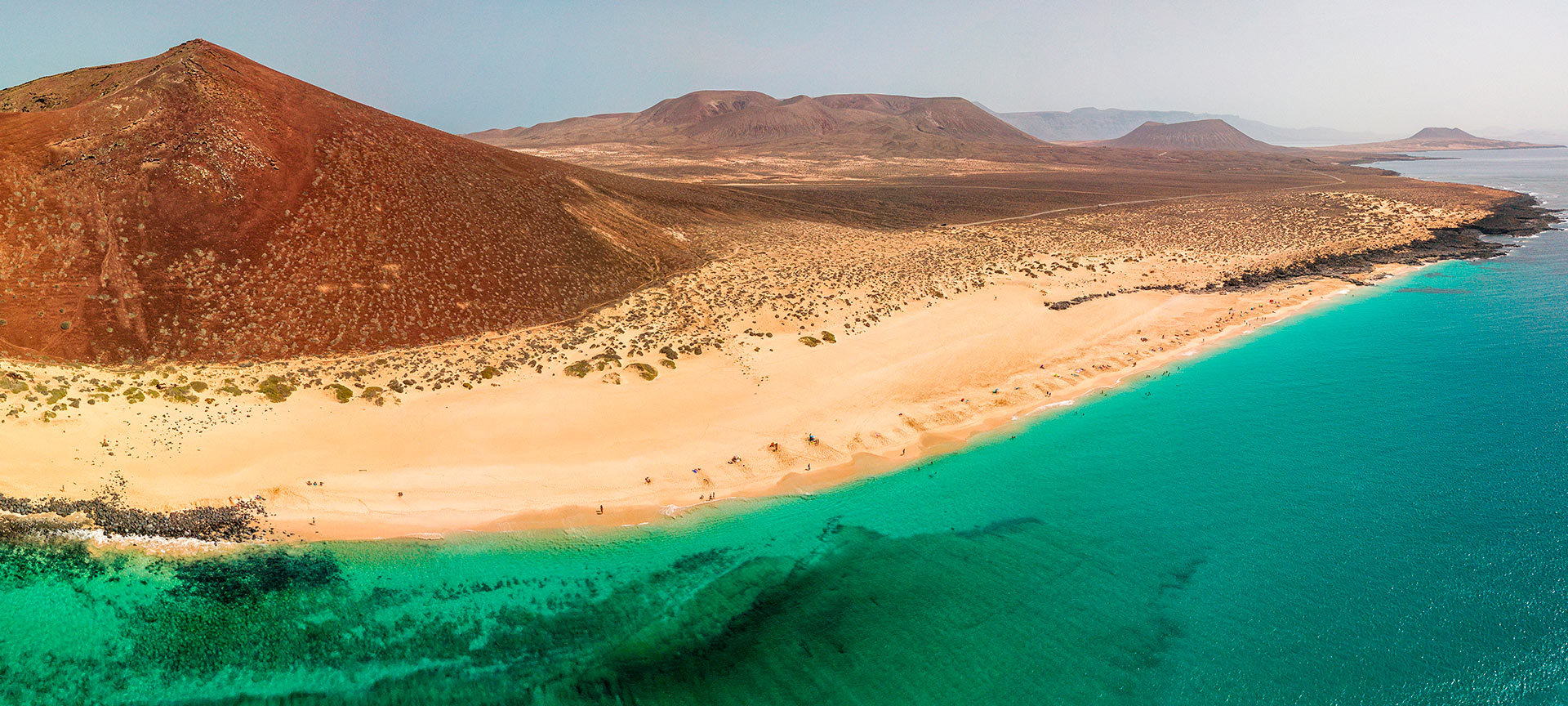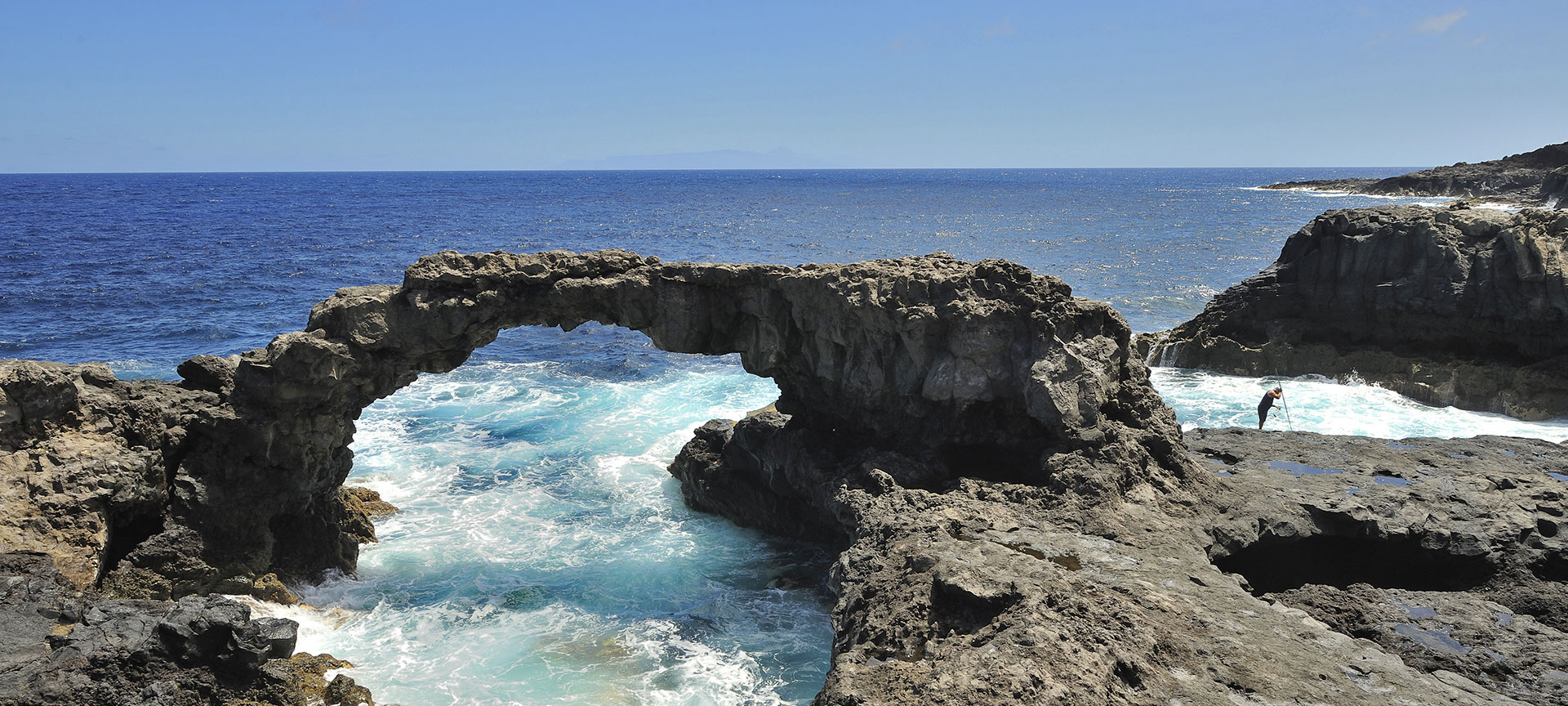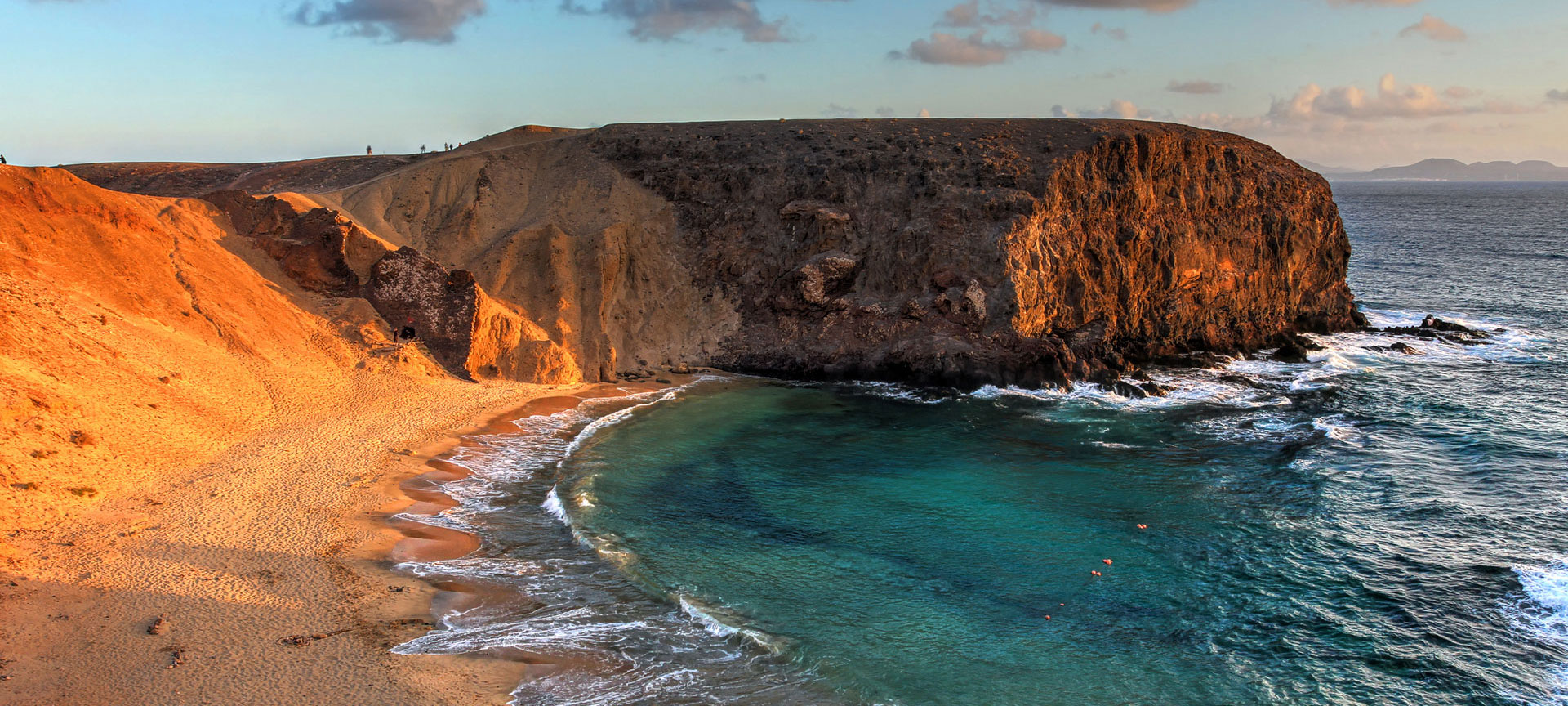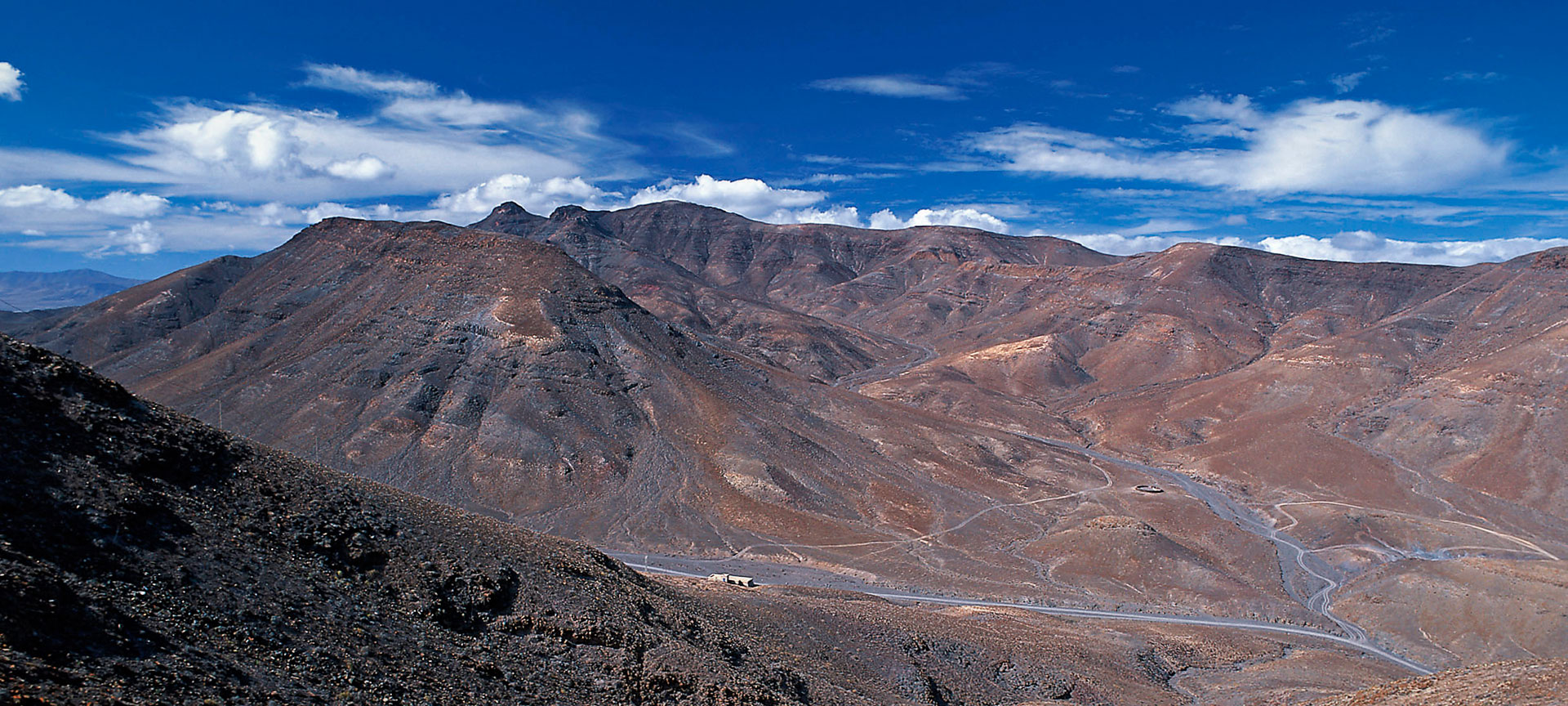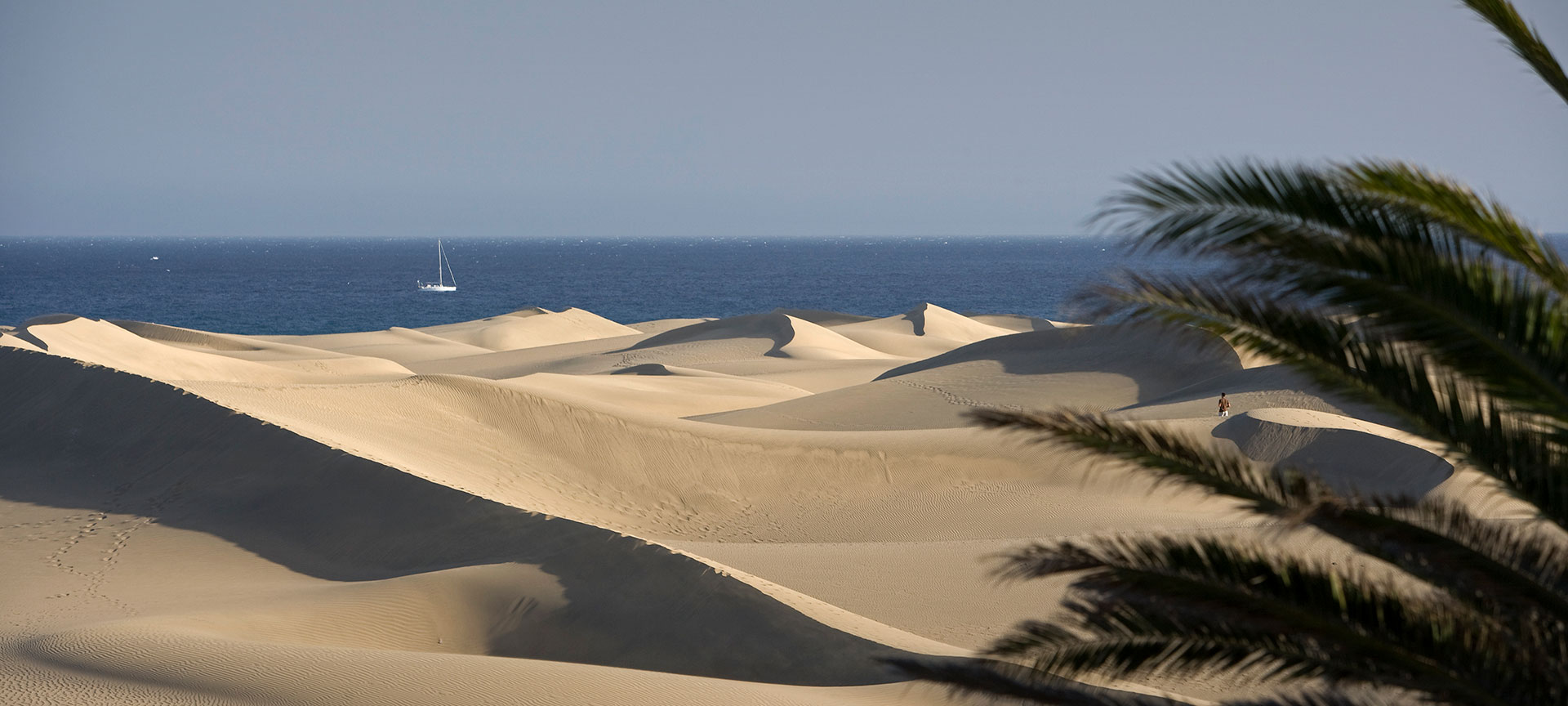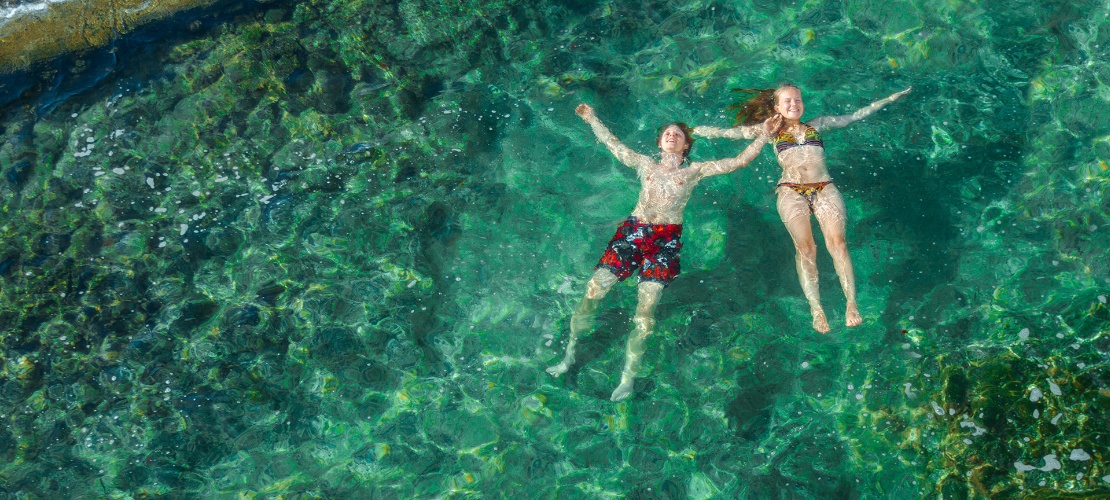
Canary Islands
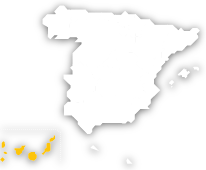
These islands are known for being the sunshine centre of Europe, and offer mild temperatures and a range of outstanding natural attractions. In fact, five of its seven islands have been declared a Biosphere Reserve, and the archipelago has four national parks.
Its beaches are its most outstanding attractions, and are perfect for relaxing in the sun or enjoying water sports such as windsurfing and scuba diving. In the interior you'll find amazing landscapes which are ideal for hiking, cycle touring, rock climbing and even caving.
Promotur Canary Islands Tourism
C/ Eduardo Benot, 35 Gran Canaria (Canarias)
35008
 Canary Island Tourist Officeinfo@turismodecanarias.com
Canary Island Tourist Officeinfo@turismodecanarias.com
+34 928 290 579
Debe activar Javascript para poder utilizar este servicio
Places not to be missed
Other ideas for your trip
How to get there - transport information
Select the means of transport to see how to get there or how to get around at your destination.
How to get to aeroplane
-
The Canary Islands have excellent air connections that allow you to arrive from practically any point in Europe in journeys of around five hours (about three from mainland Spain).
-
The seven main Canary Islands have their own airports. Those that see the most international traffic are in Gran Canaria, Tenerife South, Lanzarote and Fuerteventura.
-
There are numerous inter-island connections between these airports every day and connections to the rest of the islands via the airports of Tenerife North, El Hierro, La Palma and La Gomera.
-
You can see how to get to your destination on each airport’s information page.
-
You can check a table of approximate journey times to the Canary Islands from other parts of Spain.
How to get to boat
-
The Canary Islands are a major cruise line destination, and two ports stand out:
-
Las Palmas port (Gran Canaria): Just 5 kilometres from the centre of Las Palmas de Gran Canaria and with regular city bus service.
-
Santa Cruz de Tenerife port (Tenerife): Its cruise terminal is very close to the city centre and you can walk to Plaza de España, a meeting point for numerous city bus lines.
-
The Canary Islands have numerous maritime connections with the Spanish cities of Cádiz and Huelva, mainly to the ports of Las Palmas and Santa Cruz de Tenerife. To a lesser extent, also to the ports of Arrecife (Lanzarote), Santa Cruz de La Palma and Puerto del Rosario (Fuerteventura).
-
You can check a table of approximate journey times to the Canary Islands by boat from other parts of Spain.
Practical information
-
The best way to explore each island is probably by car. In addition, the seven main islands have airports and ports that allow easy connections between them.
-
On the Canary Islands the local buses are also known as Guaguas.
-
Gran Canaria and Tenerife are the two largest islands and have many transport options every day, both by plane and ship.
-
The island of Gran Canaria also has many daily connections to Lanzarote and Fuerteventura.
-
The island of Tenerife has many daily connections to El Hierro, La Gomera and La Palma.
How to get around in aeroplane
-
Most flights between the islands take between 30 minutes and one hour. You can see approximate journey times in “Air connections for exploring Spain”
-
There are flights between all the islands, especially between Gran Canaria airport and Tenerife North airport.
-
Gran Canaria airport also offers regular connections to Lanzarote and Fuerteventura.
-
Tenerife North airport offers regular connections to La Gomera, El Hierro and La Palma.
How to get around in boat
-
Ferries are a common way to travel between the Canary Islands. You will find a range of frequent connections, offering you the option of bringing your vehicle aboard.
-
The journey time between islands depends on the distance and type of ship. Journeys range from 35 minutes to ten hours. For example, you can travel between Gran Canaria and Tenerife in about an hour and a half. You can see other journey times in “Spain's main sea connections.”
-
Several islands have more than one port for cruise ships and ferries. Check your port of origin and destination carefully when booking tickets.
